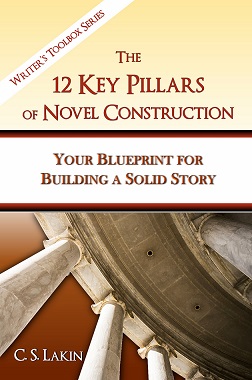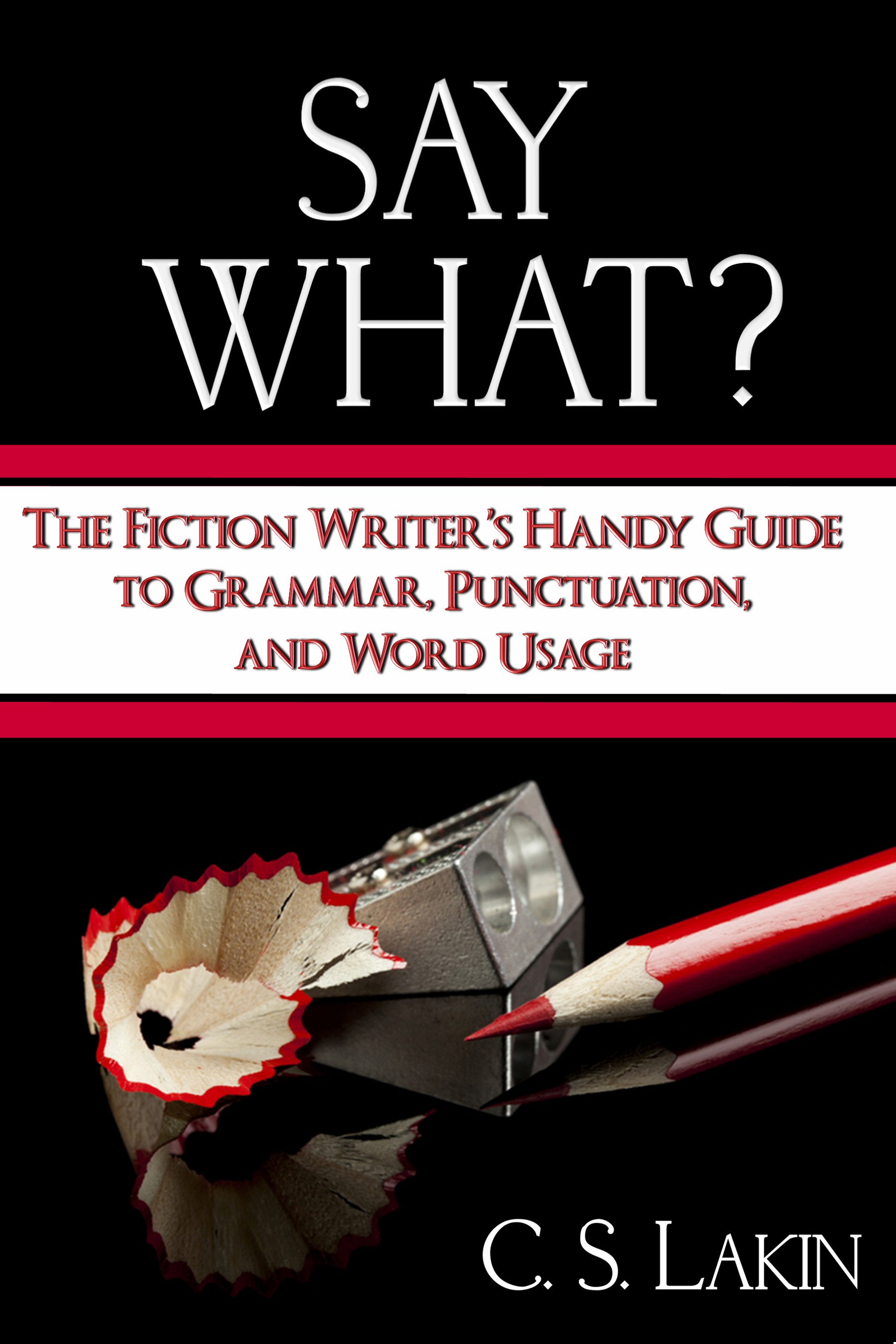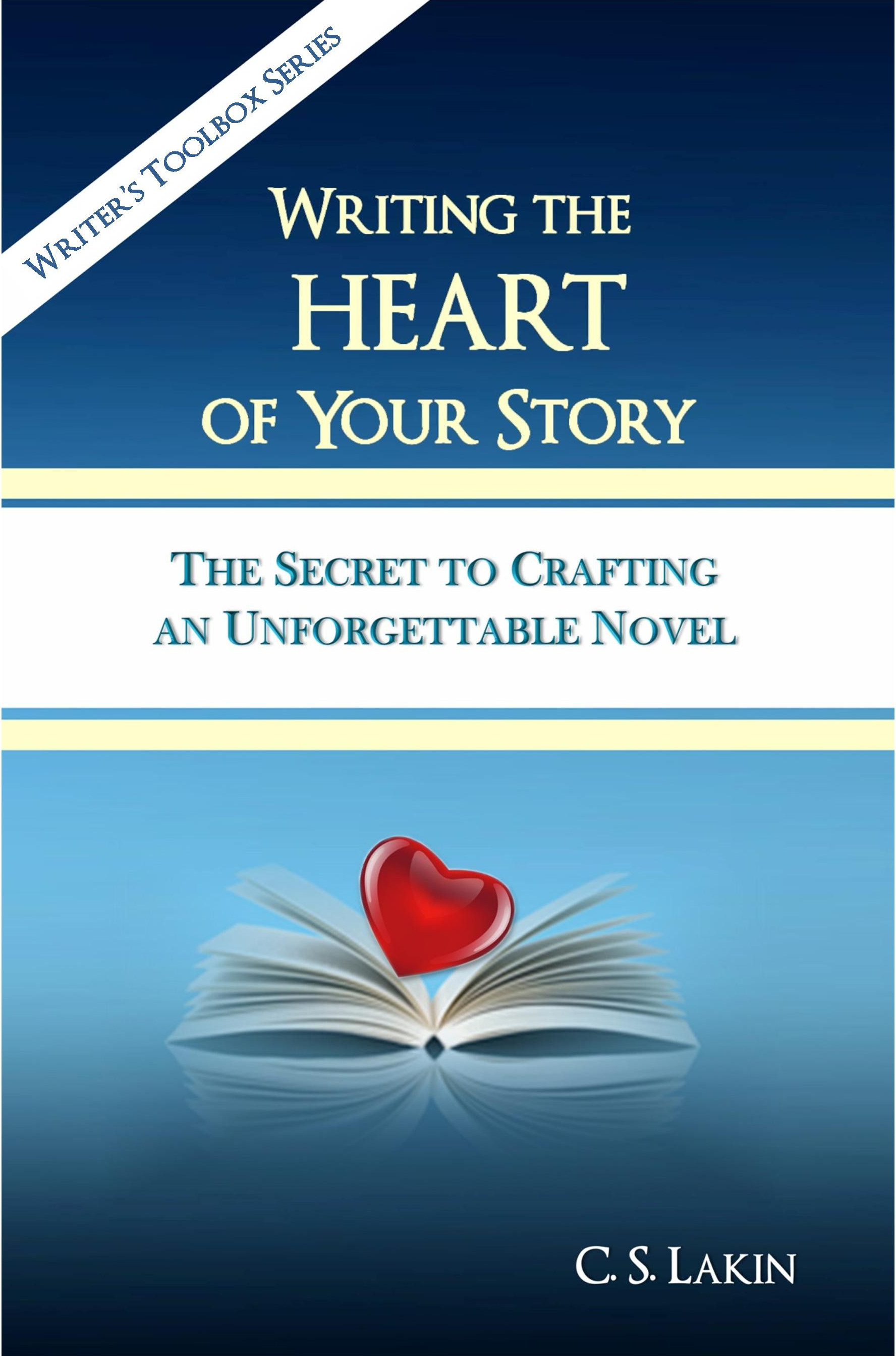Just the word critique makes many authors cringe. Why? Because it reminds us of another word that has a negative connotation: criticism.
Yet, as authors we understand the need to have another pair of eyes look closely at our manuscript and give us constructive advice and direction so we can make our book the absolute best it can be.
And the best person to give a critique is someone with years of experience in the publishing industry.

theirhistory via Compfight cc
Some copyeditors claim you should never get a critique because it is entirely subjective. They say you should just get your book edited by a copyeditor and fix all the grammatical mistakes.
Getting a thorough copyedit is essential. But few writers think about getting their book critiqued first.
However, in my thirty years of experience writing novels, becoming a multipublished author, and working professionally as a copyeditor and writing coach in the publishing industry, I have come to conclude that most authors—whether a new writer or seasoned published author—need a critique and preferably in the early draft of their manuscript.
Yes, Critiques are Subjective
Sure, critiques are subjective. But when your novel or nonfiction manuscript lands on a literary agent’s desk, or is placed in an acquisition editor’s hands, it will be read subjectively as well.
But here’s the thing authors need to understand: a professional in the publishing industry will temper a subjective read with years of experience; an understanding of current market needs and trends; an understanding of established or accepted writing styles, structure, and formatting; and a honed sense for an original and compelling writer’s voice.
There is no such thing as an objective critique, but that should not be an issue.
A Kind and Gentler Critique
As an author who has gone through the frustrations and disappointments along the road to publication, I bring to my critiques some things that perhaps a copyeditor or even another critiquer may not.
When I critique your manuscript, my goal is to not only help you make your book shine, make it all you envision for it, but also to encourage you, instruct you, and help you along this rocky road.
A good critique should not come across as a nice pat on the back with a few muttered words like “Good job. Keep it up.” However, we as writers grow attached to our words, and an insensitive editor can cause a lot of pain.
It takes courage to hand your project over to someone—this book you’ve spent months or perhaps years writing, sweating over, all the while second-guessing yourself and the merits of your book—only to have someone heartlessly rip it to shreds. For that’s our greatest fear—that despite all our hard efforts, we may have produced something that should go in the round file.
It’s a great idea to get a critique on a partial manuscript to see if the story is building well and all the necessary novel elements are in place and working. You may not be sure how to bring the story to a climax and resolution, or tie in your themes and drive your point home at the end.
A critique can help you with suggestions and feedback on your ideas before you write that last section of your novel. I often work with writers at the scene outline stage, and I’ve found that’s the best way to iron out all the structural problems, so if you haven’t gotten far with your first draft, consider this as a next step.
My critiques do not include any line editing, although I often point out things writers might be doing repeatedly that are grammatically incorrect. I’ve found it makes little sense to correct grammar and punctuation at the stage in which a writer may need to delete entire scenes or completely rewrite passages.
It’s like putting pretty icing on a yucky-tasting cake. Wait until the cake is perfect, then ice it. Make sense?
Get Stretched
I find the greatest satisfaction in helping my clients with their manuscripts. I have seen some of the worst manuscripts—poorly constructed, wordy, almost unreadable—turned into beautiful, well-crafted books that their authors are proud of. I have gone on to see many of my clients get agents, land contracts, win prestigious awards, and get published because they were willing to work hard to take their rough work and perfect it to the best of their ability.
Of course, there is no guarantee that if you follow all the suggestions in your critique that you will get an agent or land a book contract. So many variables affect those outcomes.
But applying yourself to make the changes suggested in a good critique will stretch you and teach you how to be a better writer, and as you apply the things you learn, your chances of reaching your dreams will improve immensely.
So, do you have . . .
- a manuscript you’ve completed but you’re not sure if it’s any good?
- a manuscript that needs work but you don’t know how to proceed?
- a book proposal you want to polish in order to attract an agent or publisher’s attention?
- a few chapters written but you’re not sure if they’re the best they can be?
I can help you!
I offer a thorough overall critique of your book proposal or manuscript (complete or just a few chapters) that will provide practical suggestions for how you can improve your writing. For outline critiques, I charge by the hour, so just contact me to discuss!
Why Get a Critique?
Your critique will give you the help you need to get your manuscript or proposal in shape. Your book is competing with hundreds of thousands of others to grab the attention of an agent or publishing house, so you want to do everything you can to make sure your proposal, query letter, synopsis, and book stand out from the rest. Learn more
What Is Included?
Unlike many critique services, my critiques are thorough and in-depth analyses of all the major components needed in a manuscript. I do an annotated critique—which means I make notations and comments in the margins on every page using Word’s Track Changes. Learn more
How Do I Sign Up?
It’s easy! Just fill out my simple online order form, choosing the service you’d like to have. But first, be sure you have formatted it according to the formatting requirements. Learn more
What Happens Next?
Once your payment and material are submitted, I will put your critique on my calendar and email you to discuss. I am sometimes backlogged a few weeks and can give you a general estimated date for your critique. So if you’re still working on your manuscript and think you will need a week or two more to be ready, this is a good time to get in touch and get put on the schedule (with no obligation on your part). Please keep this in mind:
If you have never had a professional critique, and especially if this is your first novel, I highly recommend you submit the first fifty pages only. See how much work you need to do to get the story structure sound, introduce the settings and characters correctly, and set up the premise and protagonist’s core need.
Too often writers spend years of their life writing a novel when they don’t have a compelling concept or a well-structured story. It makes little sense to pay hundreds of dollars to ultimately be told you really don’t have a story.
If you’re in a rush to meet a submission deadline, I can probably work you in sooner; just let me know your needs. I want to give your manuscript the serious attention it deserves and do not rush through the critique process. I am here to help!



 Sign up for my newsletter to get cool news and offers and your free ebook.
Sign up for my newsletter to get cool news and offers and your free ebook.

 The ultimate resource to help fiction writers identify and ferret out the fatal flaws in their prose. A must-have for every serious writer. More than 60 Before and After passages.
Available in print and ebook format!
Buy it
The ultimate resource to help fiction writers identify and ferret out the fatal flaws in their prose. A must-have for every serious writer. More than 60 Before and After passages.
Available in print and ebook format!
Buy it 

